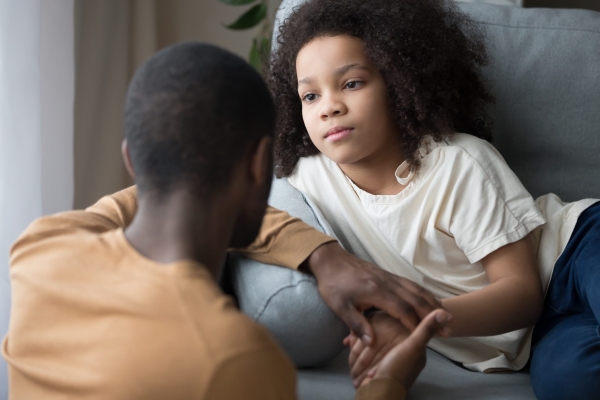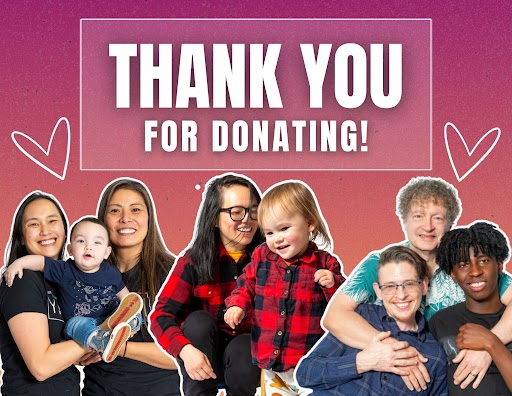When traumatic events happen, our jobs as parents and caregivers become profoundly challenging. Because the event impacts both us and our children. We feel compelled to do the impossible: make sense of the senseless, and to help children feel safe, when our faith in their safety in the world – and our ability to control that – is shaken to the root.
Violent white supremacy has been a threat to our children long before the Buffalo and Laguna Hills massacres this past weekend. It is integral to the founding of the nation; its relentless and systemic iterations underpin and continue to power our global economic dominance. And, we’re in an epidemic: over the past two decades the number of hate groups in the U.S. has increased by over 100%. Hate crimes skyrocketed to 200% higher in places where Trump campaigned in 2016. The U.S. Justice Department concluded last year that violent white supremacy poses the greatest domestic threat. Anti-Asian hate crimes skyrocketed 339% from 2020 to 2021 alone.
What can we possibly do, as parents and caregivers? Under the most privileged of circumstances, parenting is a daily lesson in humility. The older our children get, the more and more we are confronted with the challenge that we cannot protect our children from the world they’re growing up in. But we can prepare them, and we can try to do all we can to change that world.
To the first imperative, preparing them: below are a few links to resources for talking with kids about traumatic events such as the racist massacres in Buffalo and Laguna Hills. Below that are some resources for talking with kids about race and racism. BIPOC parents may find something new of value to add to what’s already been a life-long engagement with this; white parents, if not already in the midst of self-education and change, can find resources to deepen that commitment and make that change more effectual. Whatever path is right for your family, remember that silence on this topic sends them a message.
To the second imperative, changing the world: you do that every day you keep your heart open and try, again, to make a difference in the best way you can. Let us know how we can help you in the comments below or by getting in touch at info@ourfamily.org.
RESOURCES
Greater Good Science Center: Nine Tips for Talking With Kids About Trauma (Kira Newman, May 17, 2022)
Anti-Defamation League: The Horrific Mass Shooting in Buffalo: How to Talk with Young People (May 15, 2022)
YaleNews: It’s never too early to talk with children about race (Brita Belli, June 15, 2020)
PBSKids: Talking to Young Children About Race and Racismhttps://buff.ly/3eQbgcY
(for white children) Charis Books & More: Books to Teach White Children and Teens How to Undo Racism and White Supremacy
SOURCES
New York Times: Top law enforcement officials say the biggest domestic terror threat comes from white supremacists (Eileen Sullivan and Katie Benner, May 12, 2021)
Brookings Institute: Preventing racial hate crimes means tackling white supremacist ideology (Rashawn Ray, May 17, 2022)
Sandy Hook Promise: 16 facts about gun violence and school shootings
Sandy Hook Promise: Ten Gun Violence Facts About Black, Indigenous, and People of Color


